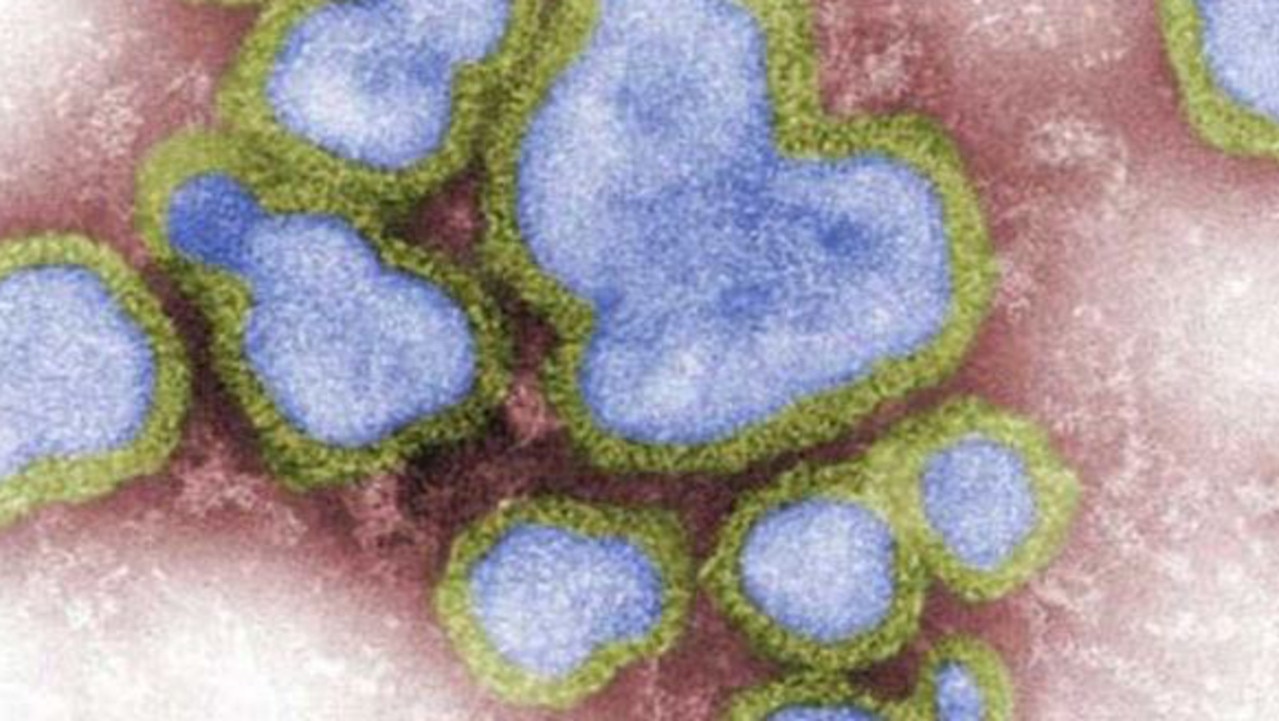Record number of flu cases eported across Australia with numbers expected to rise
Peak flu season is months away and flu cases are already 30 per cent higher across Australia compared to the same time last year.
Peak flu season is about to hit Australia and cases are already 30 per cent higher compared to the same time last year.
A record number of cases have been reported to the National Notifiable Diseases Surveillance System, and the rates were higher than what authorities saw during Covid.
CSL Seqirus medical director Jules Bayliss said more than 58,000 cases of influenza had been recorded this year across all age groups, but the greatest number were in children.
She said despite vaccinations being free for children aged under five through the National Immunisation Program, vaccination rates in recent years had been lower than what they would like in children.

“We’re seeing rates of flu notifications that are higher than what we saw for Covid across nearly every age group,” Dr Bayliss said.
“Typically, children come into contact and are more likely to transmit than other age groups.
“Things we do as adults to reduce the risk of flu, like getting a vaccination, washing hands, staying home when you’re unwell, can be more challenging with children.”
Dr Bayliss said people often underestimated how serious the flu could be, which was different to a cold.
“It’s a disease that can leave you in bed for a number of days feeling really unwell with fever, muscle aches, and a more severe full body infection than a simple cold,” she said.
“Most people have a number of days off then they return to work or school.
“Other people can end up with really serious disease that leaves them ending up in hospital.
“But we are also seeing that people are not getting vaccinated against influenza.”

Dr Bayliss said while the flu vaccine was more available and accessible than ever before, it had been challenging to re-engage with people to get vaccinated following the pandemic.
She said CSL had manufactured and released more than seven million vaccine doses to pharmacies and GPs across the nation ahead of flu season.
They use a process led by the World Health Organisation to annually update the strains that are in the vaccines, which gives them the best chance of protection against strains that are circulating.
“Typically, the peak of the flu season occurs in late winter or early spring, but every year is a little bit different,” she said.
“It’s different depending on the viruses themselves that are circulating, how readily they transmit between individuals, which populations they’re circulating in, and which of the individual viruses is dominating in any particular year.
“It becomes really difficult to predict what next year’s flu season will look like based on this years.”

She said with the Easter holiday period and an increase in flu circulating, it was expected more cases would occur and now was the time to get vaccinated.
“There are cohorts that are covered under the National Immunisation Program that applies across the country to under fives,, over 65s and people that have an underlying medical condition,” she said.
“Free vaccines are only provided in some states, but for everybody else, they can access flu vaccines through their GP or pharmacy.”
Australian chief medical officer Anthony Lawler said influenza was the most common vaccine-preventable disease in Australia.
The professor said while they could not predict this year’s flu season, they could learn from data collected last year which showed children aged under nine had the highest notification rates, but had a low vaccine uptake.

“In 2024, there were more deaths involving influenza and RSV than in 2023,” he said.
“This is an important reminder that influenza, RSV and Covid are not the common cold.
“These are very serious viruses that can cause severe illness, hospitalisation and even death among otherwise healthy children and adults.”
Professor Lawler said so far in 2025, there had been a higher proportion of influenza B cases than seen at this time in recent years, particularly in school-aged children and young adults.
“Influenza B is often more common in children, and can result in more severe infections in children,” he said.
“The good news is that all the influenza vaccines available in Australia cover both influenza A and B, making the seasonal influenza vaccine very effective at protecting people from needing to go to hospital or visit their GP due to complications from influenza.”
He recommended everyone from the age of six months get vaccinated against influenza every year, and encouraged pregnant women to get vaccinated against RSV and whooping cough and people over 65 years to get regular Covid vaccinations.



